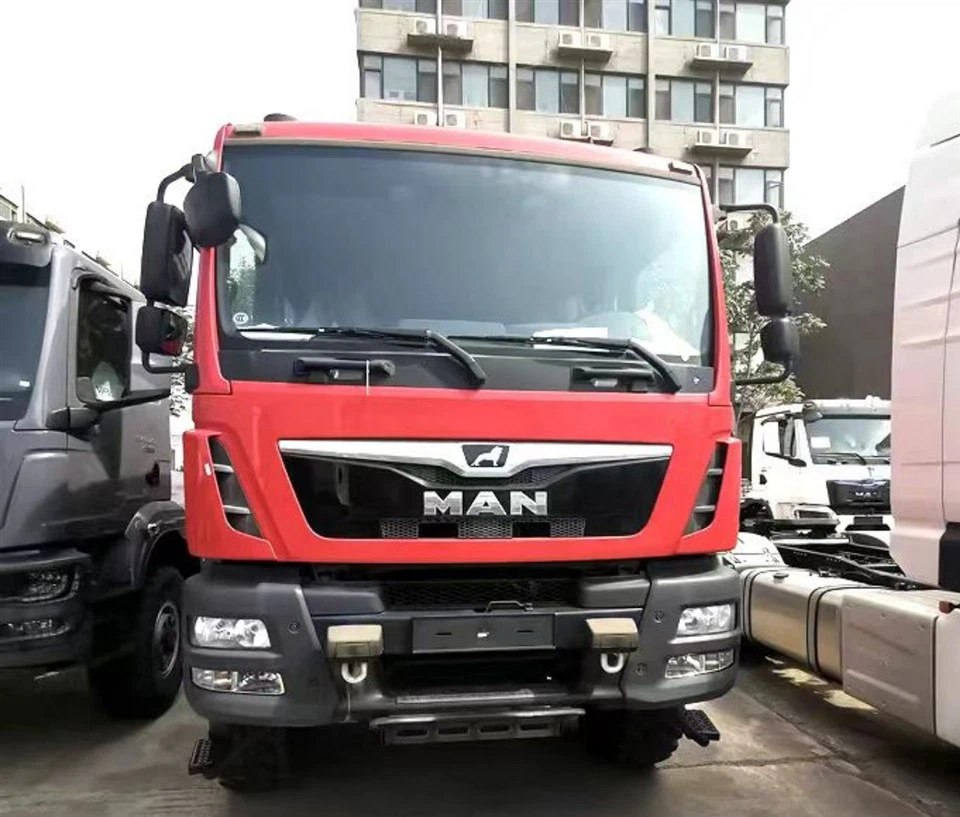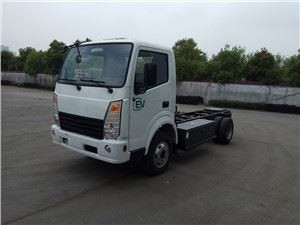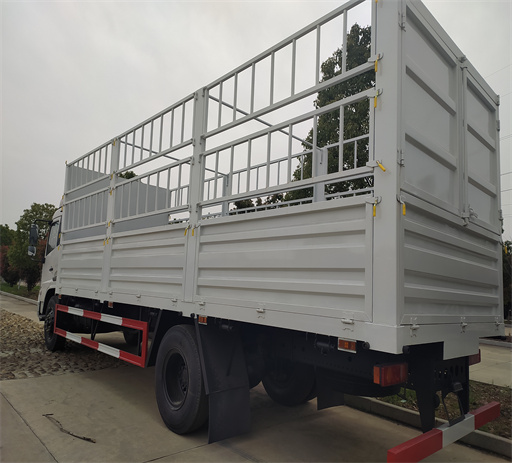Electric 1 Ton Truck: The Future of Sustainable Transportation

Introduction
Electric vehicles (EVs) have transformed the automotive industry, and the electric 1 ton truck represents a significant step in sustainable transportation. With advancements in battery technology, increasing environmental awareness, and the urgent need to reduce carbon emissions, electric trucks are becoming increasingly appealing for both commercial and personal use. This article delves into the electric 1 ton truck, exploring its benefits, features, and practical applications while providing insights into its impact on businesses and the environment.
What is an Electric 1 Ton Truck?
An electric 1 ton truck is a medium-duty truck designed to carry a payload of approximately 2,000 pounds (or 1 ton). Unlike traditional gasoline or diesel trucks, electric 1 ton trucks are powered by electric motors that utilize rechargeable batteries. These trucks are suitable for various applications, including delivery services, construction, and recreational activities.
Key Features of Electric 1 Ton Trucks
- Zero Emissions: Electric trucks produce no tailpipe emissions, contributing to cleaner air.
- Lower Operating Costs: Electricity is generally cheaper than gasoline or diesel, leading to substantial savings over time.
- Quiet Operation: Electric trucks operate quietly, which is ideal for urban environments.
- High Torque: Electric motors provide instant torque for better acceleration and towing capability.
- Advanced Technology: Many electric trucks come equipped with smart technology, including connectivity features and driver assistance systems.
The Growing Demand for Electric Trucks
Market Trends
The demand for electric trucks has surged in recent years due to various factors:
- Environmental Regulations: Stricter emission regulations are pushing businesses to adopt cleaner technologies.
- Corporate Sustainability Initiatives: Companies are increasingly committing to reducing their carbon footprint.
- Government Incentives: Many governments offer incentives, tax breaks, and rebates for purchasing electric vehicles.
Performance Comparisons
| Metric | Electric 1 Ton Truck | Traditional Gas/Diesel Truck |
|---|---|---|
| Payload Capacity | 1 ton | 1 ton |
| Typical Range | 100-300 miles | 400-600 miles |
| Charging Time | 1-8 hours (varies by charger) | 5-10 minutes (refueling) |
| Emissions | Zero | High (depends on fuel type) |
| Operating Costs | Lower | Higher |
Advantages of Using Electric 1 Ton Trucks
Cost Efficiency
Electric 1 ton trucks are more cost-effective in the long run due to lower fuel and maintenance costs. For example, electricity costs about 60-70% less than diesel fuel when considering fuel equivalent. Additionally, electric trucks have fewer moving parts, reducing the need for regular maintenance.
Environmental Impact
Switching to electric 1 ton trucks helps businesses reduce their carbon footprint. These trucks contribute to cleaner air and lower greenhouse gas emissions, aligning with global sustainability goals. Furthermore, using renewable energy sources to charge these trucks can make operations nearly carbon-neutral.
Technological Innovations
Electric trucks often feature advanced technologies such as regenerative braking, which captures energy during braking and uses it to recharge the batteries. Furthermore, they can incorporate smart connectivity features, allowing fleet managers to monitor performance and optimize routes effectively.
Common Applications for Electric 1 Ton Trucks
Delivery Services
Many delivery companies are adopting electric 1 ton trucks for last-mile deliveries. Their quieter operation and lower emissions make them ideal for urban environments, where many municipalities are implementing low-emission zones.
Construction Industry
Electric trucks are becoming increasingly popular on construction sites. Their ability to carry heavy loads and operate without the noise and emissions of traditional trucks makes them a perfect fit for projects focused on sustainability.

Recreational Uses
For outdoor enthusiasts, electric 1 ton trucks offer a great way to transport gear while minimizing environmental impact. Many models feature ample cargo space, making them perfect for camping, biking, or other outdoor activities.
Challenges Facing Electric 1 Ton Trucks
Limited Range and Charging Infrastructure

One of the primary challenges is the limited range of electric trucks compared to their gasoline or diesel counterparts. While advancements continue, potential buyers must evaluate their typical routes and ensure that charging infrastructure is available, especially during long-haul operations.
Initial Purchase Cost
Although electric trucks save money in operating costs, the upfront purchase price can be significantly higher than traditional trucks. However, potential savings and government incentives can help offset this initial expense.
Battery Lifespan and Replacement Costs
Like any battery-powered vehicle, the lifespan of the battery is a concern. While many manufacturers offer warranties for their batteries, the cost of battery replacement can be high once the warranty expires. Users should consider this when evaluating the total ownership cost.
Real-World Examples of Electric 1 Ton Trucks
Ford F-150 Lightning
The Ford F-150 Lightning is a fully electric version of America’s best-selling truck. It provides advanced technology, immense power, and a range of up to 300 miles, making it a popular choice among both fleets and private drivers.
Rivian R1T
The Rivian R1T caters to the adventure market with its off-road capabilities and range of over 300 miles. With a focus on utility, it’s suitable for both personal use and work applications.
Chevrolet Silverado EV
The Chevrolet Silverado EV offers a familiar nameplate with the advantages of electric technology. It promises up to 400 miles of range and a powerful platform for various workloads.
Tips for Transitioning to Electric 1 Ton Trucks
Evaluate Your Needs
Assess your operational requirements including typical payload, routes, and required range. This evaluation will help you choose the right electric truck model for your needs.
Plan for Charging Infrastructure
Determine the best charging solutions for your workflow. Whether at home or on-site, investing in charging stations is essential to ensure easy access.
Engage Employees and Fleet Managers
Involve your team in the transition process. Training and awareness will enhance understanding and operational efficiency with electric vehicles.
Take Advantage of Incentives

Research available federal, state, and local incentives for electric vehicle purchases. These can significantly reduce your upfront costs.
FAQs about Electric 1 Ton Trucks
What is the average range of an electric 1 ton truck?
The average range varies depending on the model, but most electric 1 ton trucks provide between 100 to 300 miles on a full charge.
Are electric trucks more expensive than traditional trucks?
Electric trucks typically have a higher initial purchase price compared to traditional trucks. However, they can save money in operating and maintenance costs over time.
How long does it take to charge an electric 1 ton truck?
Charging time varies based on the charger used. Level 2 chargers can take around 4-8 hours, while fast chargers can provide substantial charge in 30 minutes to 1 hour.
Can electric trucks be used for towing?
Yes, electric trucks can tow loads effectively, with many models offering impressive towing capacities comparable to traditional trucks.
What is the lifespan of an electric truck battery?
Most electric truck batteries are designed to last between 8 to 15 years, depending on usage, charging habits, and manufacturer warranties.
Are there any incentives available for purchasing electric trucks?
Yes, many governments offer tax credits, rebates, and other incentives for electric vehicle purchases, which can help offset the initial high costs.
